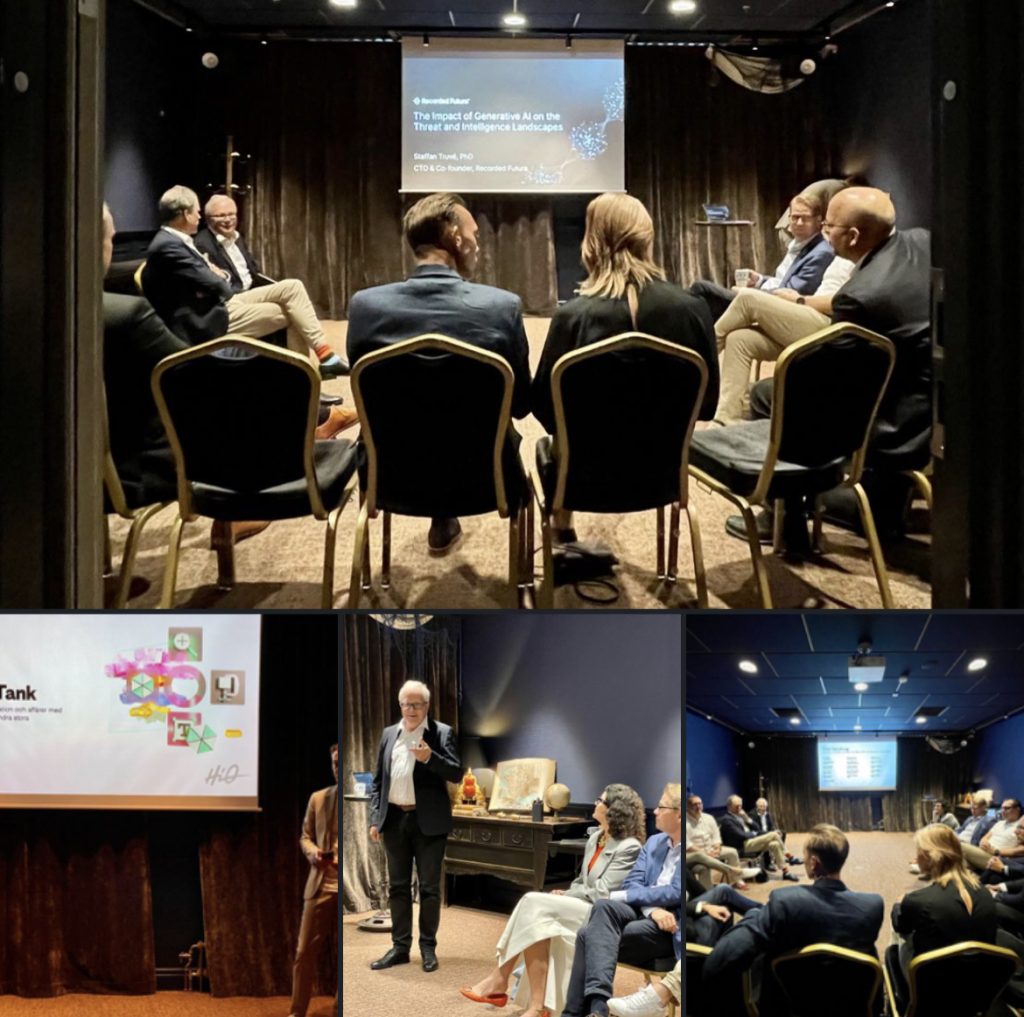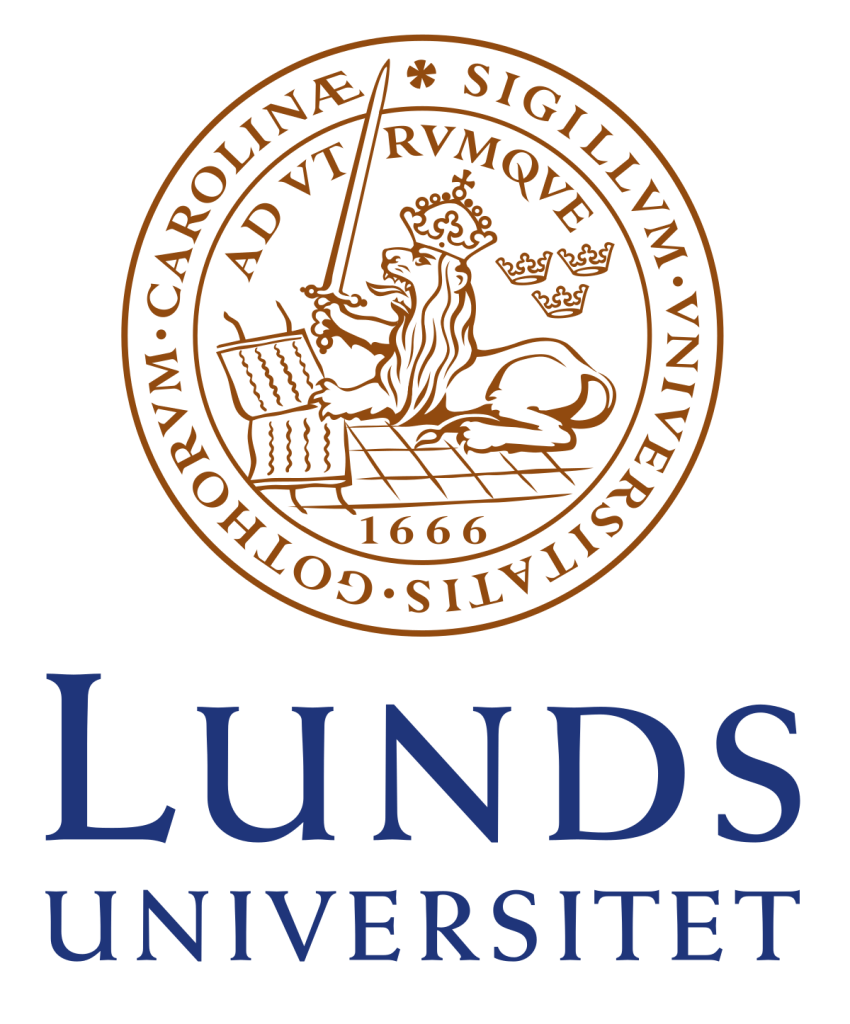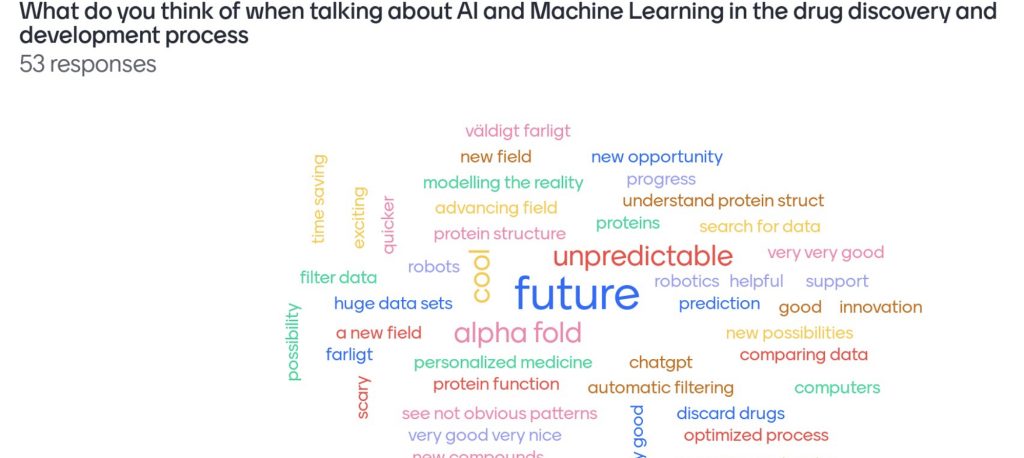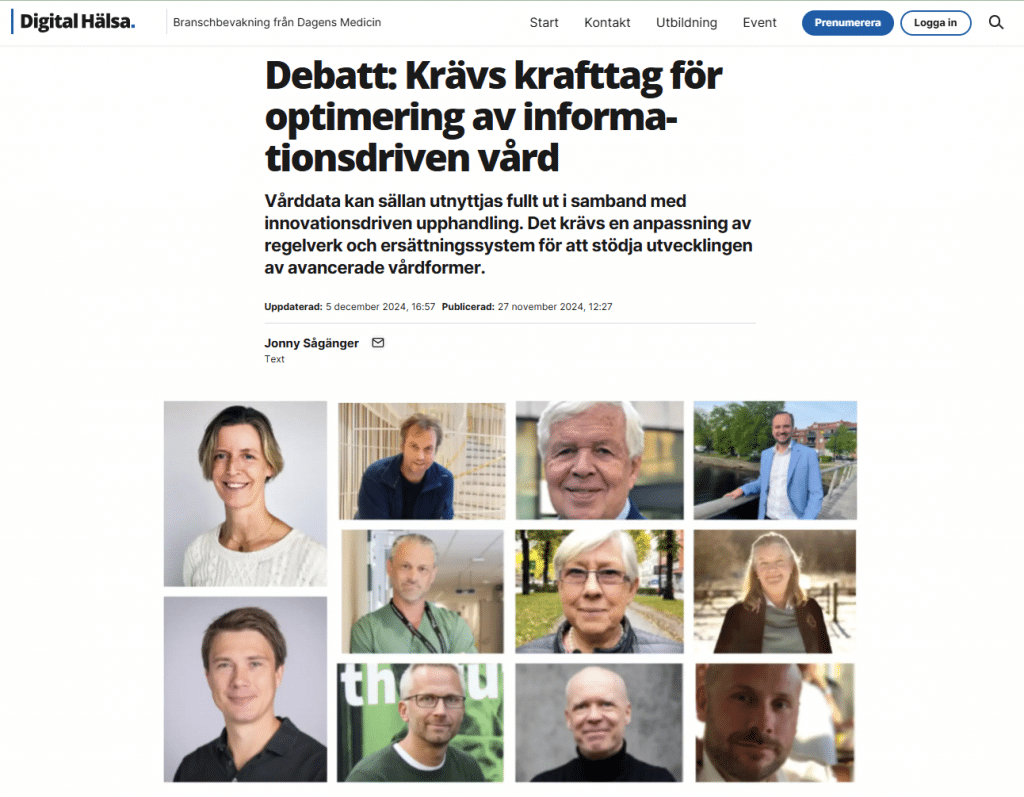
Category Archives: Business Development
Jurypanel at Hack for Earth Foundation and Teelabs at SLUSH
The three winning startups from Korea winning the Hack for Earth Foundation Diploma and the Hack for Earth Medal at Slush Helsinki!
Congratulations 🥳🥳🥳
All three winning startups win a spot in Build for Earth Acceleration Program, to support them in their endeavor to launch globally.
Thank you for great collaboration TEELABS SBC Korea and Hyungil Chun!
Read more at https://www.linkedin.com/posts/ann-molin-89416191_slush2024-hackforearth-korea-activity-7267142018412277760-RJ5s/
A GREAT Pitch 2024
Compute clusters and energy consumption in a regulated environment
The topic “Compute clusters and energy consumption in a regulated environment” focuses on the implementation and management of high-performance computing systems, specifically those utilizing GPUs, to support advanced AI workloads. These systems are particularly relevant in regulated environments such as life sciences, and here addressed in settings where energy consumption and sustainability are critical concerns.
Compute clusters are composed of multiple nodes, each equipped with powerful GPUs, designed to deliver exceptional computational performance. The architecture of a compute cluster includes scalable units that can be configured to meet the specific needs of different applications. Each unit consists of several GPU systems, interconnected to ensure high-speed data transfer and efficient resource utilization.
One of the key challenges in deploying compute clusters in regulated environments is managing energy consumption. These systems require significant power to operate, and their energy efficiency is a critical factor in their overall sustainability. The design of compute clusters includes features such as direct liquid cooling and the use of renewable energy sources to minimize their environmental impact. Additionally, the reuse of waste heat generated by these systems for residential heating or energy storage further enhances their sustainability.
In a regulated environment, it is essential to ensure that the deployment and operation of compute clusters comply with relevant regulations and standards. This includes adhering to guidelines on energy efficiency, data security, and environmental impact. The governance and control over the assets, as well as the delegation of authority and budget management, are crucial aspects of managing compute clusters in such settings.
Overall, the implementation of compute clusters in regulated environments requires careful planning and consideration of energy consumption, sustainability, and compliance with regulatory standards. By leveraging advanced technologies and innovative solutions, organizations can harness the power of compute clusters while minimizing their environmental footprint and ensuring regulatory compliance.
DIPS 1000+ Inno Wave, Korea
Presenting at the DIPS 1000+ Inno Wave in Korea. Contributing to the open innovation and collaboration efforts between companies and start-ups.Key points highlighted:
The commitment to open innovation offering access to scientific expertise and world-class infrastructure. Emphasizing the importance of collaboration in driving innovation and addressing the specific needs of the life sciences sector.
Outlining various collaboration types, including joint R&D, adopting solutions, M&A, acquisition of new technology, new product development, talent acquisition, and investments. Discussing the desired technology and collaboration tasks, focusing on areas such as Bio Health, AI and Big Data, and Quantum Technology.
Engaging in discussions with potential partners, exploring opportunities for collaboration and innovation.
Into the Future: Artificial Intelligence in Business Development
Artificial Intelligence in Business Development aiming at empowering business development with generative AI tools.
Prompt Engineering: The importance of prompt engineering in achieving effective results with tools like Copilot.
Confidentiality Assurance: Concerns around confidentiality using AI for sensitive business development tasks. Data governance and the capability to respect privacy settings, ensuring that sensitive information remains secure.
Training and Adoption: The need for developing training programs for business development on effective Generative AI tooling usage.
Overall, leveraging AI technologies to enhance business development efforts, provides valuable insights and practical strategies for integrating AI tools into business processes.
COO Digital Strategy Visioning
A COO Digital Strategy Visioning, a significant aim at developing a comprehensive digital strategy. Bringing together key stakeholders exploring new opportunities and technologies that could enhance operational efficiency and service delivery.
Sharing of successful case studies and a working model to guide the discussions. Participants engaging in brainstorming sessions, focusing on digital opportunities such as advanced analytics, cloud platforms, and AI-driven solutions. Collaborative exercises allowing attendees to tackle specific challenges and generate innovative ideas.
Successfully capturing a wealth of ideas and feedback, analyzed and summarized for further refinement. A significant step towards developing a digital strategy that leverages new technologies to work smarter, better, and quicker, ultimately providing improved services.
Investment landscape in a life science sector
Key investment opportunities that are driving innovation and growth
Digital Business Initiatives: Investments in digital business transformation, including customer experience (CX), advanced analytics, and cloud platforms, are significant. These areas have consistently attracted funding due to their potential to enhance operational efficiency and drive growth.
Cyber/Information Security: As the life sciences sector increasingly relies on digital technologies, ensuring the security of data and systems has become paramount. Investments in cybersecurity are crucial to protect sensitive information and maintain trust.
Artificial Intelligence and Machine Learning: AI and ML technologies are being leveraged to accelerate drug discovery, optimize clinical trials, and improve patient outcomes. These technologies offer substantial opportunities for innovation and efficiency in the life sciences sector.
Precision Medicine: Advances in precision medicine, which tailors treatments to individual patients based on genetic, environmental, and lifestyle factors, are transforming healthcare. Investments in this area are expected to grow as the demand for personalized healthcare solutions increases.
Quantum Computing: Quantum computing holds the potential to revolutionize various aspects of life sciences, including drug discovery and materials science. Companies are exploring quantum applications to solve complex problems that are currently beyond the reach of classical computers.
Sustainability and Green Technologies: Investments in sustainable practices and green technologies are becoming increasingly important. This includes efforts to reduce the environmental impact of manufacturing processes and develop eco-friendly products.
VITALIS and how sectors converge and to drive innovations

HealthTech Award celebrates healthtech innovations that make a difference for people’s lives. The award recognizes innovative companies, based in the Nordics or Baltics, providing a healthtech solution or product that has a proven positive impact on healthcare, prevention, prediction, health and/or quality of life.
This is the 4th edition of the award by GREAT, Vitalis and Sahlgrenska Science Park, recognising innovative companies providing a healthtech solution or product that has a proven positive impact on healthcare, prevention, prediction, health and/or quality of life.
AI in Search and Evaluation for Business Development
Utilizing AI in business development allows organizations to refine their marketing strategies, expand market share, discover new markets, and make informed product development decisions. Exploring AI’s distinctive value proposition for business development, showcasing where AI-driven technologies are making the most significant impact present how data-driven businesses are leveraging AI for innovation and sustainable growth.
Stories to learn more
Sustainability technologies and VC networking for pharma

In recent years, the pharmaceutical industry has increasingly focused on sustainability technologies to address environmental challenges and improve operational efficiency. These technologies encompass a wide range of innovations, from green chemistry and eco-friendly manufacturing processes to sustainable supply chain management and waste reduction strategies. By adopting these technologies, pharmaceutical companies aim to minimize their environmental footprint, reduce resource consumption, and enhance the overall sustainability of their operations.
One of the key areas of focus is the development and implementation of green chemistry principles. This involves designing chemical processes and products that reduce or eliminate the use and generation of hazardous substances. By prioritizing green chemistry, pharmaceutical companies can create safer and more sustainable products while also reducing the environmental impact of their manufacturing processes.
Another important aspect of sustainability in the pharmaceutical industry is the adoption of eco-friendly manufacturing processes. This includes the use of renewable energy sources, such as solar and wind power, to reduce greenhouse gas emissions and reliance on fossil fuels. Additionally, companies are exploring innovative technologies for water and energy conservation, waste management, and recycling to further enhance their sustainability efforts.
In parallel with the adoption of sustainability technologies, the pharmaceutical industry is also actively engaging in venture capital (VC) networking to drive innovation and investment in these areas. VC firms play a crucial role in providing the necessary funding and support for startups and emerging companies that are developing cutting-edge sustainability technologies. By fostering strong relationships with VC firms, pharmaceutical companies can access new technologies, collaborate on research and development projects, and accelerate the commercialization of sustainable solutions.
VC networking also facilitates the exchange of knowledge and expertise between industry stakeholders, enabling the identification of new opportunities and the development of innovative business models. Through strategic partnerships and collaborations, pharmaceutical companies can leverage the expertise of VC firms to navigate the complex landscape of sustainability technologies and drive meaningful progress in their sustainability initiatives.
Overall, the integration of sustainability technologies and VC networking is essential for the pharmaceutical industry to achieve its sustainability goals and remain competitive in an increasingly environmentally conscious market. By embracing these approaches, pharmaceutical companies can not only reduce their environmental impact but also create long-term value for their stakeholders and contribute to a more sustainable future.
Talentattraction – Investment opportunities in a Swedish biotech and digital health arena
Initiatives aimed at attracting talent and exploring investment opportunities within the Swedish biotech and digital health sectors is key. Efforts have focused on creating a conducive environment for innovation and collaboration, leveraging Sweden’s strong position in these fields.
A key initiative is Talent Attraction. Attracting top talent and fostering partnerships with health tech companies. Identifying key areas: Medical device technologies, quantum computing, and continuous manufacturing.
Investment opportunities in the Swedish biotech and digital health arena are provided. Our efforts include identifying and promoting investment prospects, facilitating networking opportunities, and supporting the growth of innovative companies in these sectors. By creating a supportive ecosystem, we aim to drive advancements in healthcare and digital health technologies, ultimately contributing to improved patient outcomes and economic growth.

Healthdata and governmental affairs
In the realm of Healthdata, we have led several key initiatives aimed at leveraging data as a competitive asset and catalyzing innovation. One of our significant projects was the creation of the foundations of a Marketplace for data to enable businesses to create and capture value utilizing data. This initiative involved rallying collaboration partners from various sectors, including academia, education, and industry, to achieve a common vision of non-competitive data sharing and ecosystem building.
In addition, we have driven efforts to optimize information-driven healthcare. Recognizing the future demands on healthcare due to changing demographics, we have focused on utilizing digitalization to support all levels of healthcare. Our initiatives have aimed at creating more efficient care processes, increasing patient involvement, enabling early detection of health issues, and providing faster and more accurate diagnoses through digital decision support.
We have also worked on reducing administrative tasks and opening new research opportunities by automating routine tasks and making health data accessible. In the area of governmental affairs, we have been instrumental in positioning organizations within key strategic alliances and fostering partnerships that support innovation. Our efforts included driving IT initiatives that required multi cross-functional governance and networking within the ecosystem to position IT departments as the preferred partner of choice. We also supported the Governmental Affairs in positioning organization within strategic alliances, contributing to the broader objectives of how pharma business development and innovation units operates.

Femtech Innovation – Hack Her Health
Spearheading the HackHERHealth initiative to address the significant gender disparities in healthcare, a must to drive innovation! Recognizing that women represent only 41% of clinical trial participants, aiming to bridge the gap in gender-specific healthcare. Historically, medical solutions and devices have been designed based on male physiology, leading to increased risks and decreased effectiveness for women. Women face a 50-75% higher risk of adverse drug reactions and unique challenges in cardiovascular disease, underscoring the need for tailored medical research and treatment approaches specific to women’s health.
Under my leadership, the initiative focused on various challenges such as neurodiversity, endometriosis, obesity, and more. Working closely with the team to define and prioritize these challenges, ensuring that we developed effective solutions.
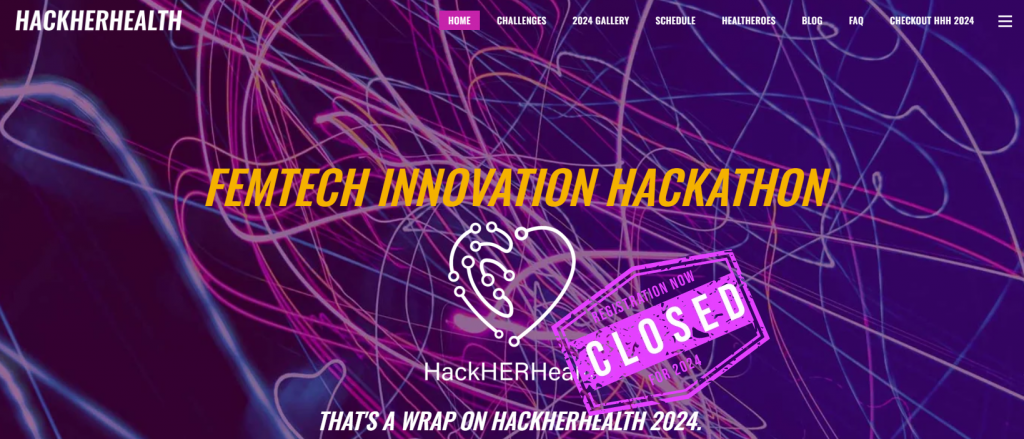
Whats up at SLUSH? The worlds largest gathering of VC
SLUSH 2023 was a vibrant and dynamic event that brought together key stakeholders in the healthcare start-up ecosystem. The event, held in Helsinki, focused on fostering collaboration and innovation to address complex health and healthcare challenges. The partnership between AstraZeneca and SLUSH aimed to create groundbreaking partnerships, drive diversity and inclusion, and encourage the development of purpose-driven companies in the healthcare sector.
Key highlights included the SLUSH 100 Startup Competition, where entrepreneurs had the chance to win a €1 million investment from General Catalyst and Cherry Ventures. The event also featured workshops, mentoring sessions, and networking opportunities, providing a platform for aspiring entrepreneurs to connect with industry leaders and investors.
Overall, SLUSH 2023 was a significant event for the European innovation landscape, emphasizing the importance of collaboration and innovation in driving the future of healthcare.

IT Leadership and how the ecosystem evolves and attract the partners of the future
IT Leadership plays a crucial role in shaping the future of technology and business. As the digital landscape continues to evolve, IT leaders must adapt and innovate to stay ahead. The ecosystem of IT leadership is dynamic, involving collaboration across various departments and external partners to drive greater business value.
One key aspect of this evolution is the development of digital platforms that facilitate effective ecosystem collaboration. These platforms enable seamless service delivery, execution of cross-organizational projects, and the generation of start-ups. By leveraging digital technologies, IT leaders can catalyze innovation and drive exploration of new science and technology horizons12.
To attract the partners of the future, IT leaders must focus on building pathways to external services and capabilities that are not yet available internally. This involves defining ecosystem investments that go beyond traditional business development and include opportunities in digital health, commercialization, and more34.
In summary, IT leadership is about fostering an environment of collaboration and innovation, ensuring that the organization is well-equipped to meet future challenges and seize new opportunities. By doing so, IT leaders can attract and retain valuable partners, driving the organization towards sustained success.
Board membership and steering of investments in a digital healthcare business evolvement
Board membership and steering of investments play a crucial role in the evolution of digital healthcare businesses. The board members are responsible for providing strategic direction, ensuring effective governance, and overseeing the allocation of resources to various projects. Their expertise and guidance help in making informed decisions that drive innovation and growth in the digital healthcare sector.
In the context of digital healthcare, investments are directed towards the development and implementation of advanced technologies, such as electronic health records (EHRs), telemedicine platforms, and mobile health applications. These investments aim to enhance patient care, improve operational efficiency, and ensure data security and privacy. The board’s role in steering these investments involves evaluating potential opportunities, assessing risks, and ensuring that the investments align with the organization’s overall goals and objectives.
Effective board governance and strategic investment decisions are essential for the successful transformation of healthcare services in the digital age. By leveraging their collective expertise, board members can help digital healthcare businesses navigate the complexities of the industry and achieve sustainable growth.
What do you think of when talking about AI in the Drug discovery and drug development process?
World Investment Trends
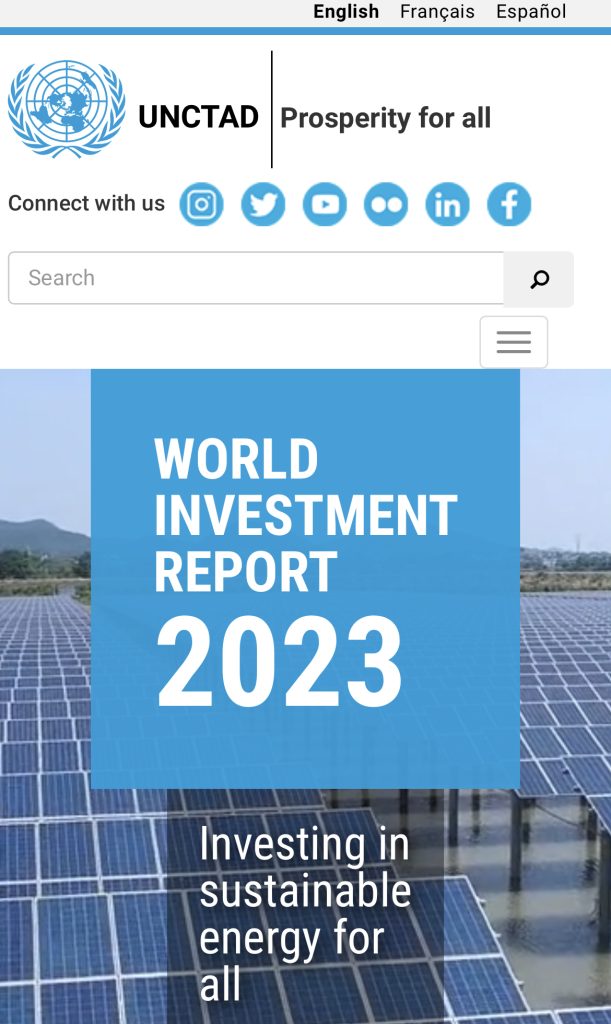
https://unctad.org/publication/world-investment-report-2023
Take a look at the current investment Trends, how we highlight our strengths and opportunities within them. A good way to leverage the way we synchronize knowledge and willingness to invest.
Biotech and Business drivers
Search & Evaluation and Due Diligence – in a Digital Life Science area
Build for 7 years ahead
Start small, think big, scale fast. This can. Be applied in projects you do, or businesses you try, and in many other areas as well of course.
How to scale a biotech company from first seed to a globally reaching, growing and profitable situation, was an interesting discussion to have. In addition with the luxury to have it over a coffee and with local partners.
AI as a driver for future business models in Medtech and Pharma
A day focused on innovation, in an Healthcare setting and with the opportunities and challenges with the development of Generative Pre-trained Transformers (GPTs) and AI models behind.
Around digital health technologies. How to improve data analytics, and enhance the patient journey across the continuum of care.
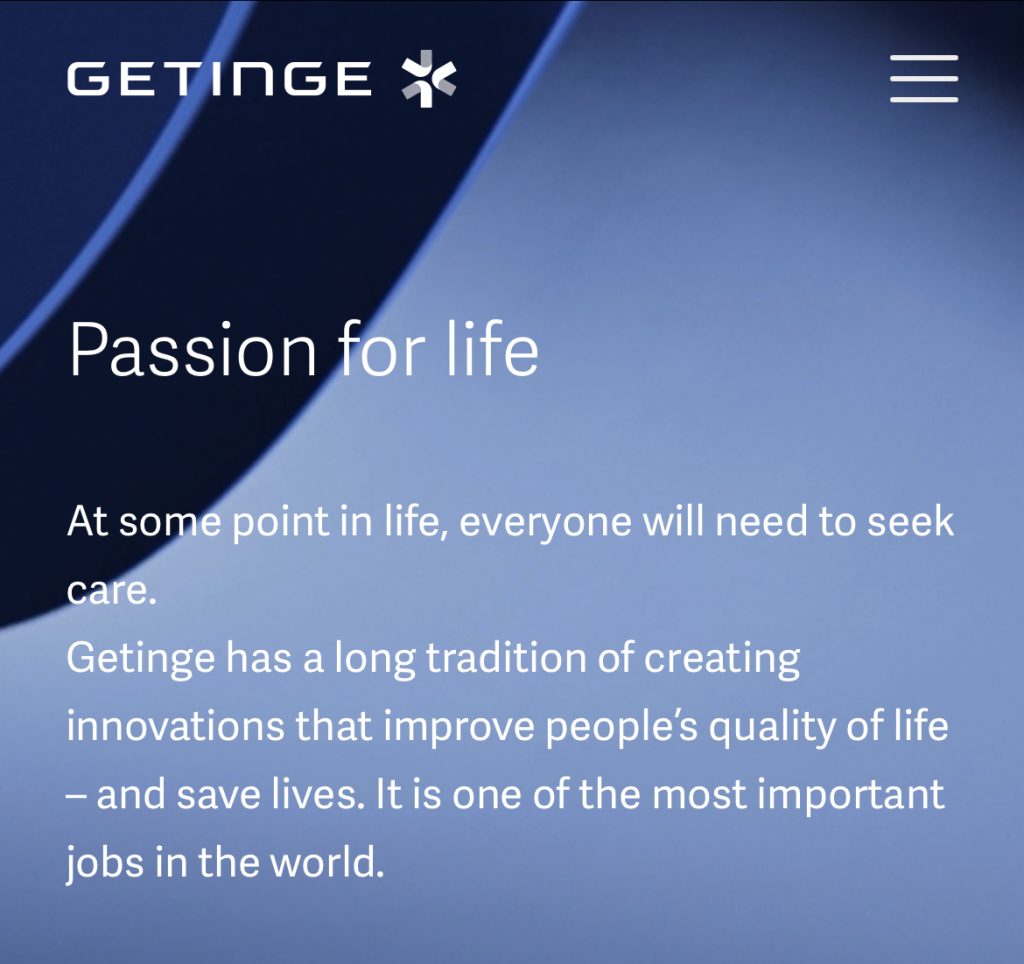
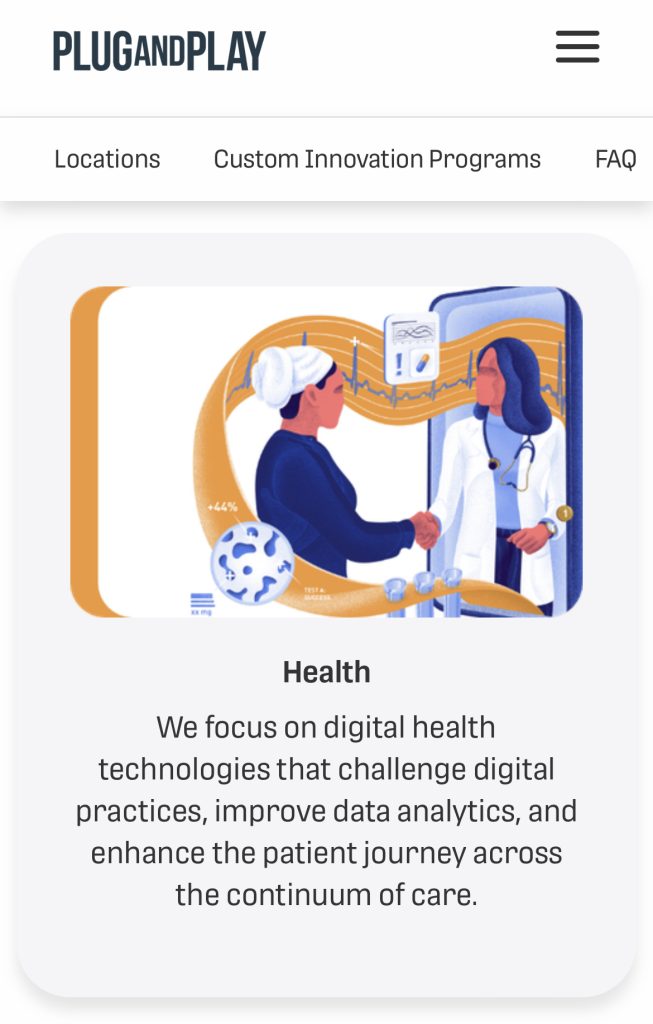
Due Diligence capabilities and development in AI in an M&A setting
Due diligence is a critical process in mergers and acquisitions (M&A), ensuring that all aspects of a potential deal are thoroughly examined before finalizing the transaction. The integration of artificial intelligence (AI) into due diligence processes has significantly enhanced the capabilities and efficiency of this crucial phase.
AI-driven due diligence leverages advanced algorithms and machine learning to analyze vast amounts of data quickly and accurately. This technology can identify patterns, anomalies, and potential risks that might be overlooked by human analysts. For instance, AI can automate the review of financial statements, legal documents, and compliance records, reducing the time and effort required for manual analysis12.
Moreover, AI can enhance the accuracy of due diligence by providing deeper insights into the target company’s operations, market position, and potential synergies. It can also help in assessing the cultural fit between the merging entities by analyzing employee sentiment and organizational culture through various data sources3.
The development of AI in due diligence is ongoing, with continuous improvements in natural language processing, predictive analytics, and data visualization. These advancements enable more comprehensive and real-time analysis, allowing M&A teams to make informed decisions with greater confidence45.
In summary, the integration of AI into due diligence processes in an M&A setting offers significant benefits, including increased efficiency, accuracy, and deeper insights. As AI technology continues to evolve, its role in due diligence is expected to become even more pivotal, transforming how M&A transactions are conducted.
Zhangjiang Science City & GoCo Health Innovation City
Lab data and new AI algorithms combined with a team of experts
A plethora of scientific instruments, their data and development of novel AI algorithms for data insights
Sector convergence in a local setting, where the mobility industry look to dare to share with the medtech sector
A team presenting the mix of agile project management, ideation sparks, talent attraction and onboarding of the acquired skillsets⭐️
The future of business is digital
Integrating lab tools and workflows to aid scientists and improve outcomes
DNA and RNA sequencing and a drive for technologies enabling
Due Diligence around digital maturity
A setup of forums, all leading ahead on the digital path of biotech and life science businesses.
Large Language Models such as chat-GPT facilitating but also driving innovation
How we see information and take it into decision making is super complex. GPTs process information with both speed, accuracy and built in Artificial Intelligence. This mix can both help us not only to translate information such as text or images, but to facilitate how we see it in alternative ways, and in addition drive how we create value in innovative ways. This house across sectors, life sciences, construction, production etc.
Sector convergence
Attrributes
